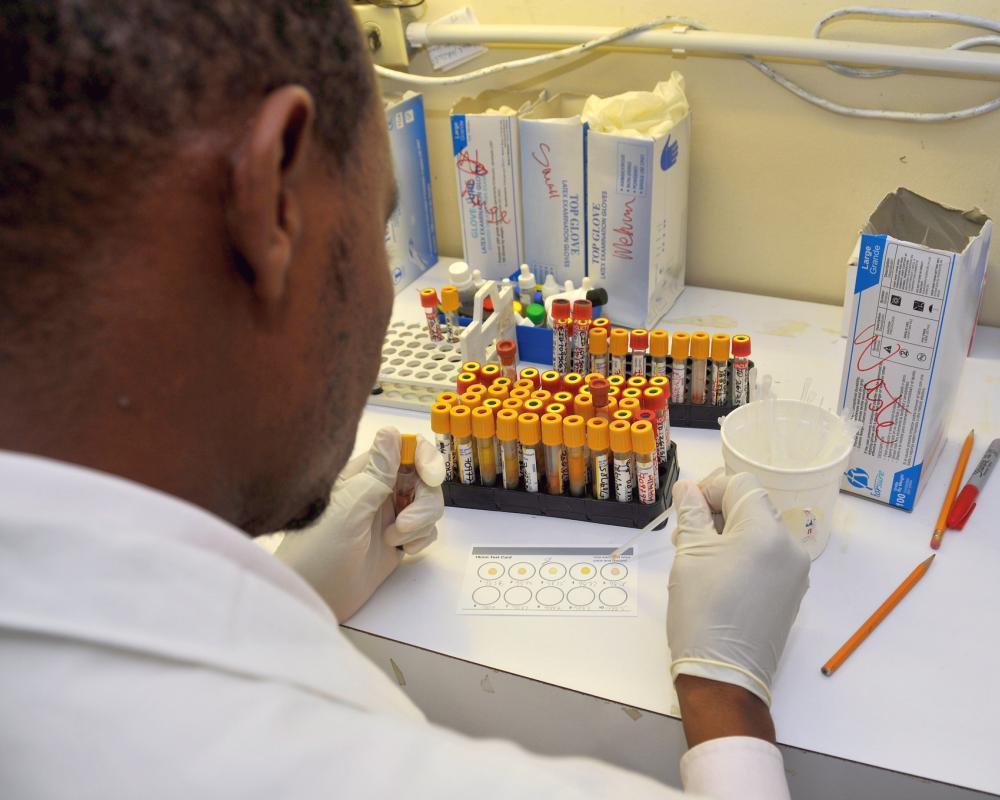
The World Health Organization (WHO) has defined Knowledge Translation (KT) as "the synthesis, exchange, and application of knowledge by relevant stakeholders to accelerate the benefits of global and local innovation in strengthening health systems and improving people's health."
PAHO's Knowledge Management, Bioethics and Research Department (KBR) is responsible for developing strategies, policies, methodologies, standards and services to enable knowledge management and translation functions throughout PAHO/WHO and the countries of the Americas Region (see PAHO's Knowledge Management and Communication Strategy).
In that context, decision-making processes at all levels of the health system must be integrated with scientific evidence and health information in order to achieve evidence-based health care and evidence-informed policy making. PAHO/WHO has a major role to play in bridging the know-do gap and supporting countries through better knowledge management and translation. PAHO/WHO envisions a world in which policy-makers, health professionals and other stakeholders use the best available scientific evidence to inform practice, public health and policy-making.
Main Lines of Action
Evidence informed policy-making
Health Policy and Systems Research
Visit program page
Priority Setting and Standards to Generate Evidence
Visit program page